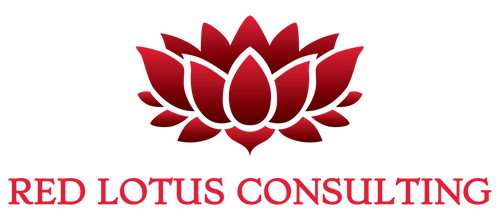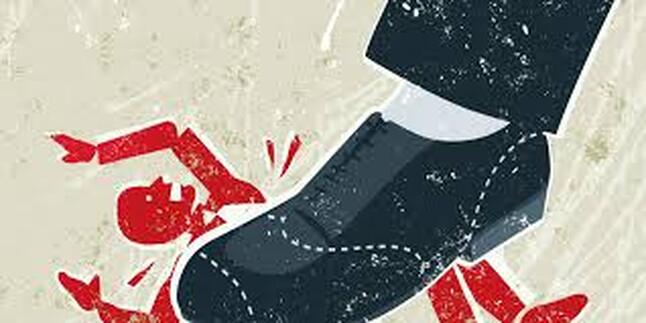 If COVID-19 has taught us anything it is that our ‘business as usual’ model has failed us all. It has exacerbated our crisis because it allowed us to ignore 3 critical societal truths. Conducting business as usual required many of us to silence our voices from speaking out on these truths. That’s how business as usual in America has always worked: it trades your silence for a lifestyle of misguided privilege to a few. Had we confronted and responded to our truths earlier on as a nation, we could have shifted our country’s trajectory towards COVID-19. 1. We have always had vulnerable individuals and traditionally repressed communities in need of our collective compassion and attention. We have always known the truth that members of traditionally repressed communities suffer from health conditions such as diabetes, heart disease, and high blood pressure at a disportionate rate than their white counterparts. These health conditions among the Black and Latinx communities are exacerbated by the difficulty these communities face when trying to access consistent and intentional healthcare. As a result of our failure to adequately mitigate the healthcare discrepancies faced by traditionally repressed communities over the years, COVID-19 has taken an irrevocable toll on both the Black and Latinx communities. Ibram X. Kendi poignantly articulates the numeric impact for repressed communities in What the Racial Data Show. 2. We have always had families living from paycheck to paycheck. Roughly speaking, COVID-19 hit our country in January of this year. Exactly one year prior to the month, Zach Friedman wrote a piece in Forbes Magazine entitled, 78% Of Workers Live Paycheck To Paycheck. Living paycheck to paycheck means just what it implies: that folks can only (and barely) afford to pay their expenses with the income they receive --- leaving little to no wiggle room for thriving and enjoying life. Unable to set aside savings for a ‘rainy day’, many Americans were (and continue to be) ill-prepared to weather the tumultuous downpour of financial woes associated with COVID-19. 3. We simply cannot afford a return to business as usual. The current “business as usual” social systems in America are constructed such that it accelerates access to resources (i.e. mental and physical health care, education, jobs, housing) for some, at the expense of diminishing access to those same resources for others. Returning to a state of being, and conducting ourselves as if a global pandemic did not just happen in our lifetime is not an option. All of what we are experiencing physically, emotionally, and mentally from COVID-19 will be for nothing if we do not, as a country, emerge from this period with a new vision and version of business as usual for America. What we must persist towards is a business path where people and communities are put first and over profit. Admittedly, trepidation comes with not knowing exactly what an alternative to “business as usual" would look like. And yet, our survival depends on us figuring out how to co-create another way. The truth is that we see glimpses of another way all around us, as we literally sit in the midst of our crisis. We see it when grocery stores create hours of operation that hold space exclusively for the most vulnerable in our communities, including senior citizens. We see a glimmer of another way when businesses limit the amount of goods an individual can buy so that more members of our community can have access to the goods, services, and resources they need. Portions of a new way is unveiled within the public discourse and potential actions to implement more options for employers to engage in remote work. We even see the emergence of a new model of business as usual in the amplified voices calling for student debt to be forgiven. These are all glimmers of what is possible, brief confirmations that we have the capacity to operate from human decency and dignity. If we persist, we have the ability to create a ‘business as usual’ for our country where we are no longer driven by fear and scarcity, but are able to thrive and live from a place of courage and abundance.
1 Comment
|


 RSS Feed
RSS Feed
